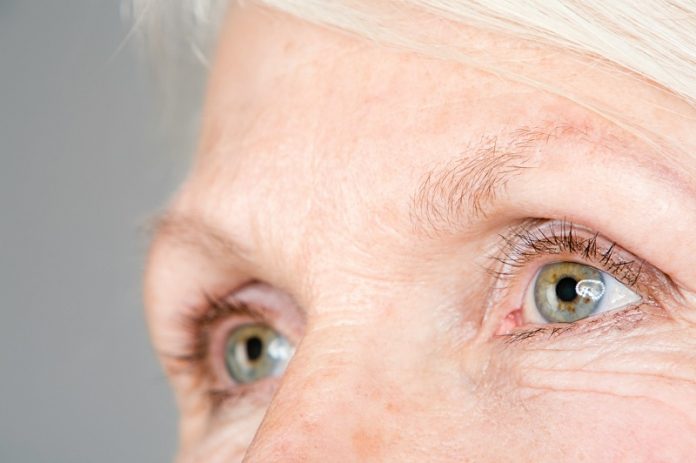
A simple eye scan may soon help doctors predict who is at risk of having a heart attack or stroke—up to ten years in advance.
Researchers in the UK, supported by the British Heart Foundation and the National Institute for Health and Care Research, have found that digital photographs of the back of the eye, analyzed by artificial intelligence (AI), can identify signs of future cardiovascular problems with 70% accuracy.
The eye contains tiny blood vessels that reflect the health of blood vessels throughout the body.
If there’s damage or narrowing in the eye’s blood vessels, similar problems may be occurring in the heart.
This connection allows scientists to use eye scans as a “window to the heart.”
The study was led by Dr. Ify Mordi, a cardiologist and researcher at the University of Dundee. He and his team developed an AI tool that can analyze retinal images—routine photos taken during standard eye tests.
These images take less than a minute to capture and are already commonly used to check for eye diseases, especially in people with diabetes.
The researchers trained the AI system on more than 4,000 eye scans, teaching it to spot red flags like narrowed or damaged blood vessels.
They then used a “black box” approach, letting the AI find patterns on its own that might predict future heart issues. The AI was tested on over 1,200 people, and it correctly predicted seven out of ten heart attacks, strokes, or cardiovascular deaths expected within the next decade.
In some cases, people had a second eye scan three years after their first. The team discovered that even a small increase in AI-calculated risk scores over time—just a 3% rise—was linked with a much greater chance of future heart problems.
People whose risk score rose the most were 54% more likely to experience a major cardiovascular event than others.
Interestingly, the eye scan predictions matched closely with standard cardiovascular risk scores used in GP clinics, which are based on age, sex, blood pressure, cholesterol levels, and smoking habits. When the AI results were combined with traditional risk scores and a genetic test, the accuracy increased to 73%.
Although this study focused on people with diabetes, researchers believe the method could be used for the wider population. Eventually, people could receive heart health updates during regular eye exams, possibly even through smartphone alerts.
The research is still in early stages, but experts say these findings could help doctors better identify people at risk and take action earlier—potentially preventing thousands of heart attacks and strokes in the future.
If you care about heart health, please read studies that vitamin K helps cut heart disease risk by a third, and a year of exercise reversed worrisome heart failure.
For more health information, please see recent studies about supplements that could help prevent heart disease, stroke, and results showing this food ingredient may strongly increase heart disease death risk.
Source: KSR.



